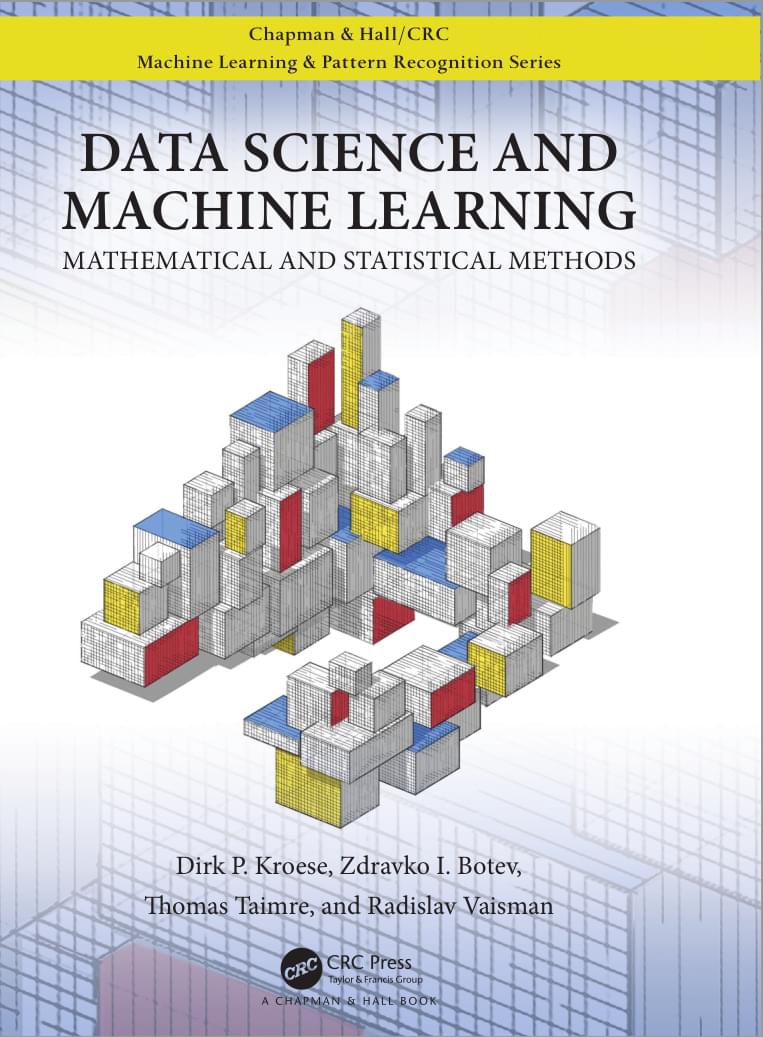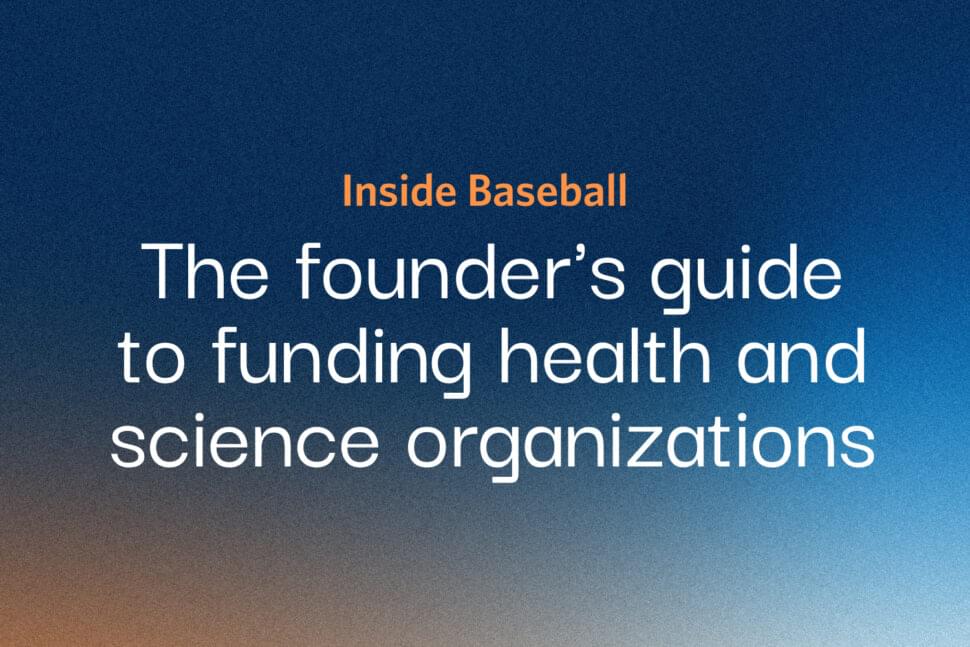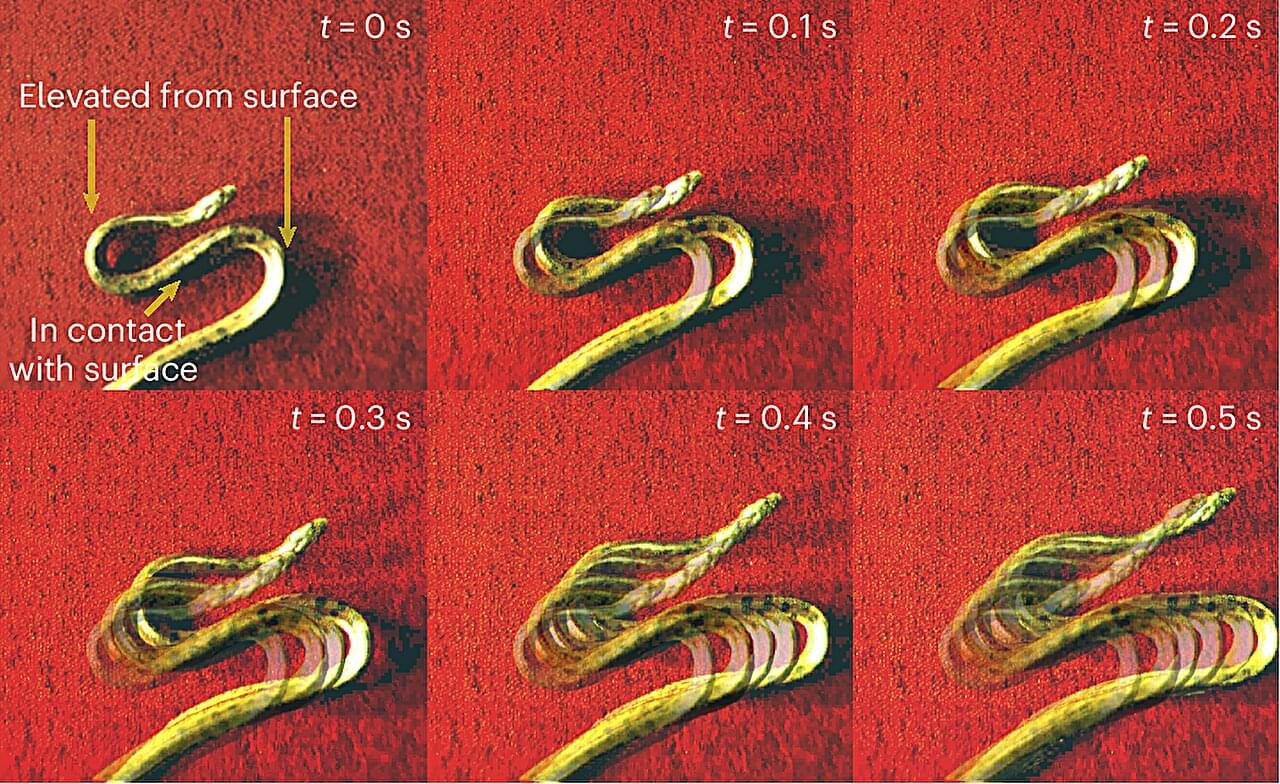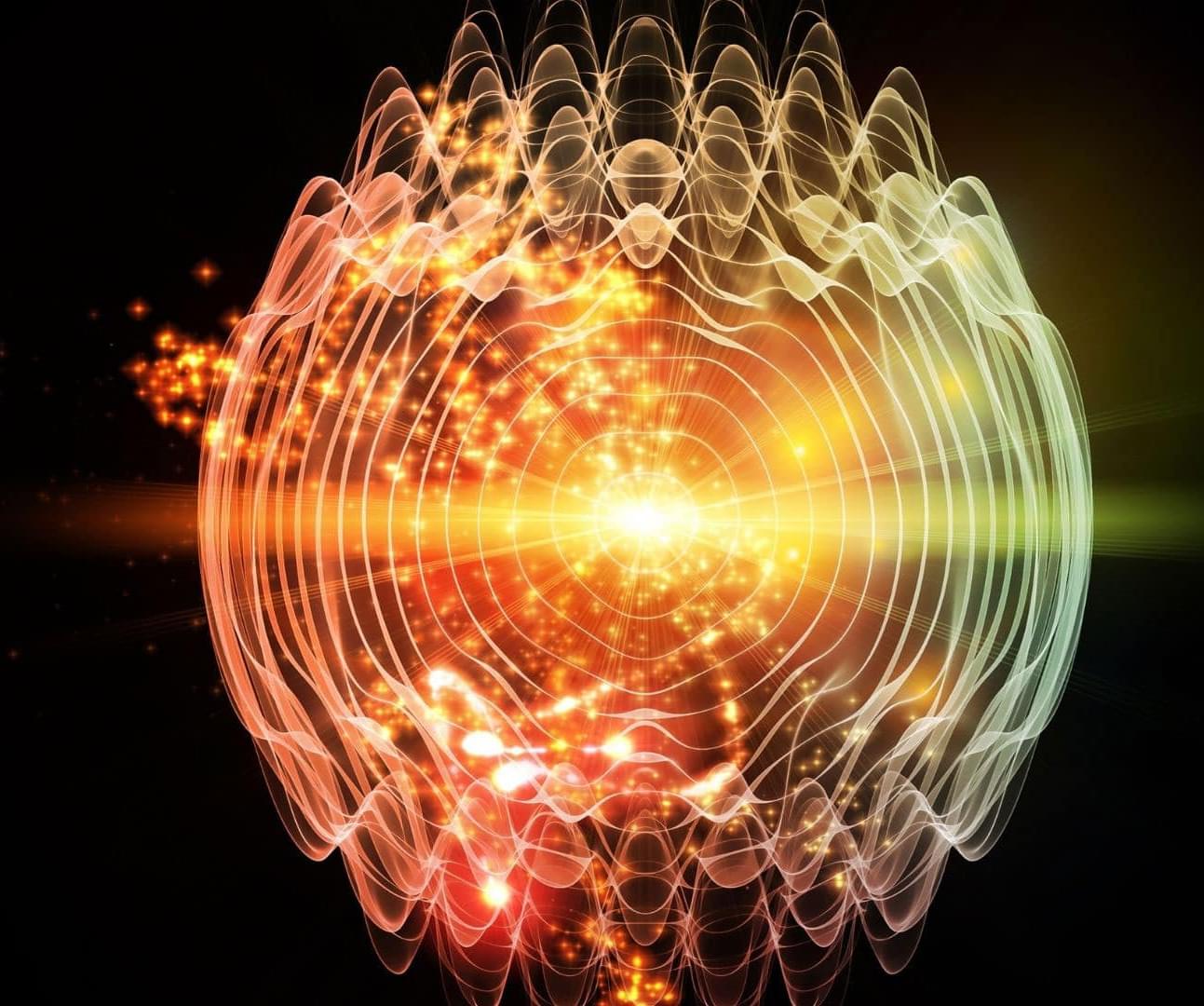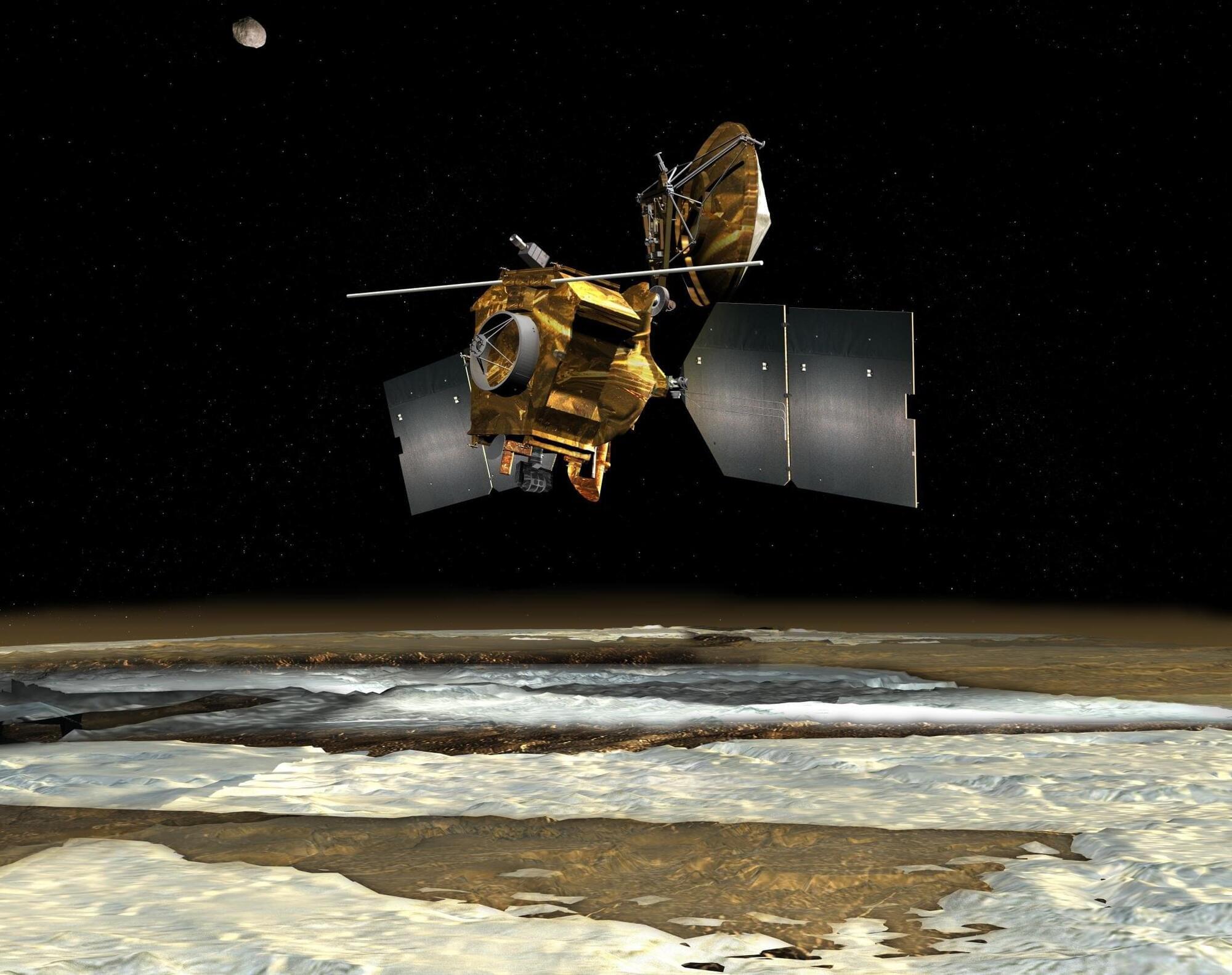You may not have realized it yet, but the United Nations has declared 2025 the International Year of Quantum Science and Technology.
However, it really is something to celebrate, not least because the electronic device that you are using to read this article depends on some of the advanced applications of quantum phenomena.
This year was chosen because 2025 marks the centenary of the publication of the first articles on quantum mechanics, also known as quantum physics.




